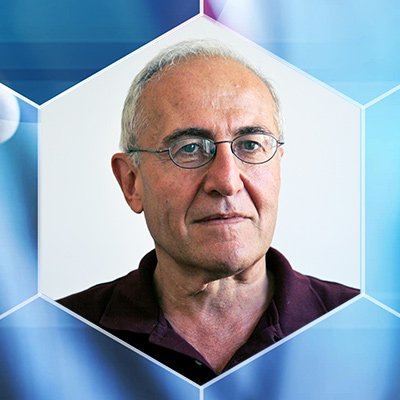
 On April 19, 2020, in the third installment of CFHU’s HUJI@HOME webinar series, Prof. Shlomo Hasson presented four possible post-pandemic realities for the world. He prefaced them, saying there’s an inherent gap between visions for a possible future and a desirable future due to the behavior of government and society which includes many uncertainities that affect forecasting.
On April 19, 2020, in the third installment of CFHU’s HUJI@HOME webinar series, Prof. Shlomo Hasson presented four possible post-pandemic realities for the world. He prefaced them, saying there’s an inherent gap between visions for a possible future and a desirable future due to the behavior of government and society which includes many uncertainities that affect forecasting.
According to Prof. Hasson, who heads Hebrew University’s Sasha Center for Strategic Studies, among the still-to-be-determined elements at play, two major questions must be answered when projecting scenarios for humanity in the wake of COVID-19. One concerns the competency of government, the other the competency of health care and technology systems. The intersection between the two create four possible situations which he labeled by letters.
The first, V, is a return to routine via a gradual recovery. The U entails a global slowdown, creating a new world which may remain in recovery for a long time. The L consists of a protracted recession and systems collapse. The fourth one, W, sees a brutal recovery which includes widespread autocracy and anarchy, with the health situation and economy going down and then up, followed by periods of reinfection and recovery.
In outlining each of these prospective scenarios, Prof. Hasson cited a wealth of current data from around the world, such as comparative levels of preparation, rates of coronavirus infection and morbidity, and degrees of success of governments to flatten the curve in containing the pandemic, in addition to highlighting the role of possible future game changers such as if and when a vaccine is discovered and rolled out.
Regardless of which prediction ultimately proves the most accurate, the pandemic’s lasting impact on society will be profound. Like with previous major global health crises in history, Prof. Hasson said COVID-19 creates opportunities and will lead to far-reaching political, economic and social changes and opportunities, some more welcome than others. They touch fundamental aspects of daily life, from remote working to urban planning, empathy versus individualism, surveillance of people versus protecting individual rights and privacy, increased state intervention or leaner governments, and will countries use this crisis to join forces to collaborate or will it lead to increased nationalism and protectionism?
As the global community tries to find its way through the troubled waters created by COVID-19, it will have to wrestle with existential choices of priority – such as order over legitimacy, and life over democracy – that will have a major impact on the post-pandemic future. A future that Prof. Hasson predicts will be a mix of aspects from the four possible worlds he described in the first part of his presentation.
The slides of Shlomo’s presentation are available below the recording of the webinar.